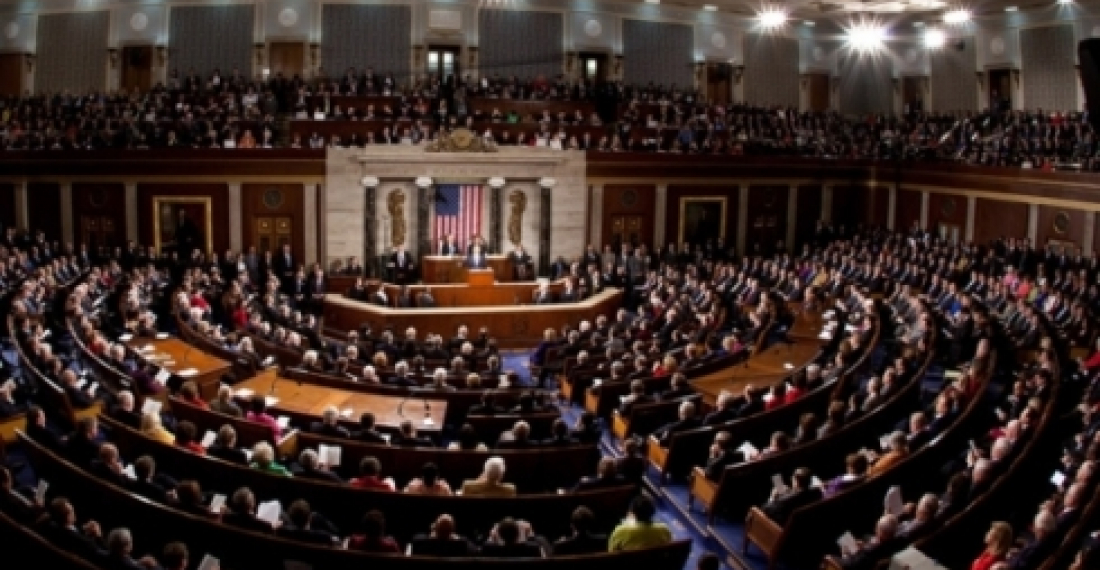President Barak Obama gave his traditional yearly State of the Union address to both Houses of the US Congress during which he reviewed his Government's achievements in the foreign and domestic fields. This will be his last address before the coming Presidential elections in November.
The American leader emphasised the contined leading role of America in the world
"From the coalitions we've built to secure nuclear materials, to the missions we've led against hunger and disease; from the blows we've dealt to our enemies, to the enduring power of our moral example, America is back. Anyone who tells you otherwise, anyone who tells you that America is in decline or that our influence has waned, doesn't know what they're talking about," the President said to the applause of the Congressmen present.
President Obama also had a special message for Iran: He said "Let there be no doubt: America is determined to prevent Iran from getting a nuclear weapon, and I will take no options off the table to achieve that goal. But a peaceful resolution of this issue is still possible, and far better, and if Iran changes course and meets its obligations, it can rejoin the community of nations."
source: Commonspace.eu with the White House Press Service
photo: President Obama addressing both houses of the US Congress during his State of the Union Address on 24 January 2012 (picture courtesy of the White House)







